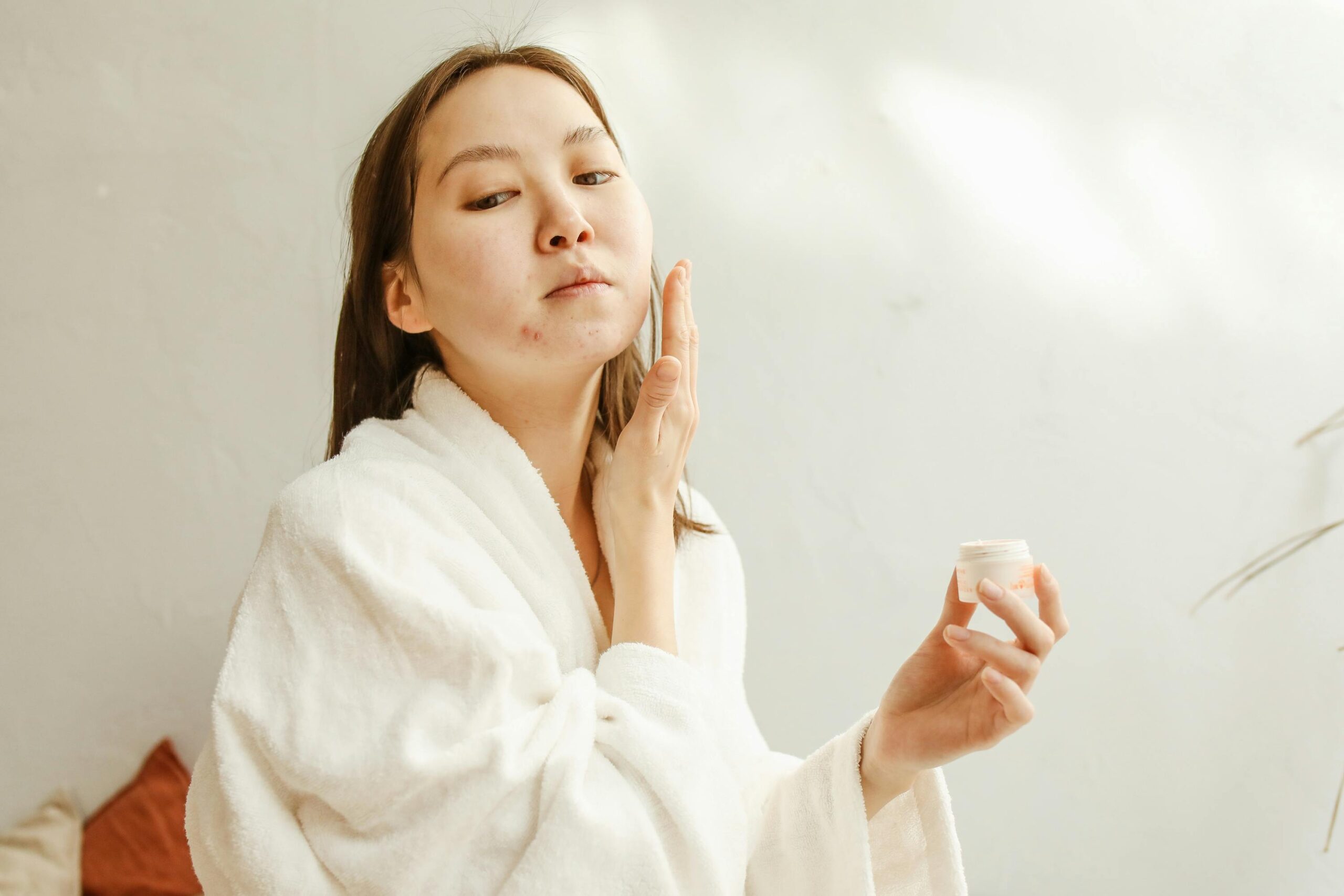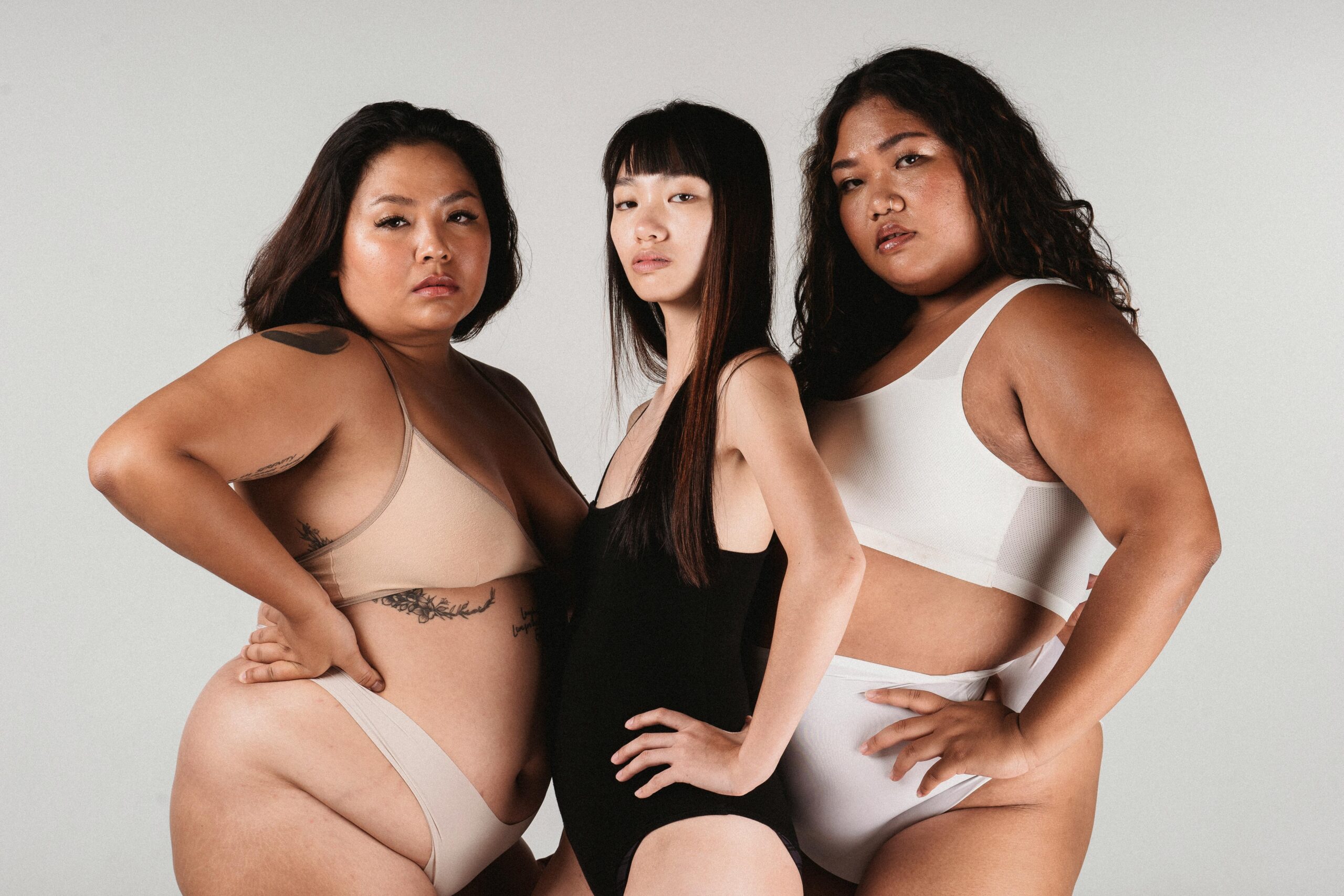
When we consider hair loss, our minds often veer towards men. However, this condition – known medically as alopecia – is a reality for countless women too. It’s high time we shed more light on this topic, opening up dialogues and discussions to aid understanding and prevention.
Hair holds a powerful place in our lives. For many women, it’s a symbol of identity, a marker of femininity, a reflection of personal style. It’s a crown we never take off. So, when hair loss happens, it goes beyond the physical, striking a blow to our self-esteem and emotional wellbeing. The journey to comprehending the causes, preventive measures, and minimization techniques is a significant one.
Normal Hair Growth and Loss
Contrary to what many believe, your hair isn’t always growing. Instead, every hair on your head follows a distinct cycle that involves growth, rest, and shedding. These stages are known as the anagen (growth phase), catagen (transition phase), and telogen (resting phase), and they occur simultaneously. It’s vital to understand that not all hair is in the same phase at a given time.
Some daily hair fall is entirely normal, a part of the hair’s natural growth cycle. On average, a healthy scalp sheds between 50-100 hairs each day. When hair falls out, new hair grows from the same hair follicle, maintaining a balance. However, when the shedding significantly outweighs the growth, hair thinning and loss become visible.
Hormonal Imbalance As A Cause
Hormones are the body’s silent rulers, guiding and directing various bodily functions, including hair growth. Therefore, it’s no surprise that any disturbance in hormonal balance can reflect in our hair’s health. Conditions such as Polycystic Ovary Syndrome (PCOS), thyroid disorders, and menopause can lead to imbalanced hormone levels, triggering hair loss.
Nutritional Causes
What we eat undoubtedly impacts our hair health. Like every part of our body, our hair needs nutrients to grow and thrive. Nutritional deficiencies, particularly of iron, protein, vitamin D, and biotin, can cause hair thinning and loss. It underscores the importance of consuming a balanced, nutrient-rich diet for maintaining healthy hair.
Stress and Hair Loss
Stress isn’t just an emotional response; it can induce physiological changes too, including hair loss. There’s a type of hair loss known as Telogen Effluvium that’s induced by significant stress, whether it be due to traumatic events, major surgery, or severe illness. This understanding necessitates the importance of managing stress effectively, not just for our mental health, but also for our hair’s wellbeing.
Postpartum Hair Loss
Postpartum hair loss is a reality for many new mothers, a side effect of the sudden drop in pregnancy hormones. Typically, it’s a temporary condition that resolves within a year. However, the experience can be incredibly distressing for many, making it a critical area for attention and support.
Menopausal Hair Loss
The hormonal changes during menopause can often lead to hair thinning and loss. The decline in the production of estrogen and progesterone, hormones that help hair grow faster and stay on the head longer, often triggers this hair loss.
Aging Hair
Just like the skin, our hair also shows signs of aging. As we grow older, our hair naturally starts to thin, and hair strands get smaller and less pigmented, leading to the ‘pepper and salt’ appearance. Consequently, maintaining good hair health as we age requires a more comprehensive approach – a nutrient-rich diet, a hair-friendly lifestyle, stress management, and a little extra care and kindness towards our hair.
Harsh Styling Techniques
Our quest for styling perfection can sometimes turn detrimental for our hair. Consistently tying your hair too tight, using hot styling tools, or undergoing harsh chemical treatments can lead to a type of hair loss known as traction alopecia. It underscores the importance of handling our hair gently, opting for styles and techniques that don’t jeopardize its health.
Coloring and Hair Loss
As exciting as experimenting with hair colors can be, hair dyes can often lead to damaged, dry, and brittle hair. This damage can result in hair breakage and temporary hair loss. Hence, it’s crucial to choose natural or gentle hair colors and to always perform a patch test before coloring your entire head.
Medical Treatments
For some, the route to tackling hair loss might involve medical treatments. Options such as hair transplant surgeries and Platelet-Rich Plasma (PRP) therapy can prove effective. However, it’s important to remember that these procedures should always be considered in consultation with a trusted healthcare provider.
Medications can often provide a good solution for preventing hair loss from worsening. There are many hair loss medicines available, so you should discuss the different options with your doctor to decide which is the most likely to help you. You can find out more about the different treatments and how to treat hair loss from the experts over at Oxford Online Pharmacy.
Maintaining a Healthy Diet
Your plate plays a significant role in your hair’s health. A balanced diet brimming with protein, vitamins, and minerals can do wonders for your hair. Aim for foods rich in iron, vitamin D, biotin, and omega-3 fatty acids. Incorporate a variety of fruits, vegetables, whole grains, and lean proteins into your meals to provide your hair with the nourishment it needs.
Regular Exercise
Engaging in regular physical activity is another key to healthy hair. Exercise improves blood circulation, including to your scalp, which in turn promotes hair growth. Whether it’s brisk walking, yoga, or high-intensity interval training, find a form of exercise that you enjoy and make it a regular part of your lifestyle.
Hair Care Routine
A healthy hair care routine is the cornerstone of minimizing hair loss. This involves not just selecting the right products but also adopting beneficial practices like gentle combing, limiting heat styling, and avoiding harsh hair products. For those experiencing significant hair loss, consider using hair growth-promoting products that contain ingredients like minoxidil and finasteride, but always under medical guidance.
Psychological Impact of Hair Loss
Hair loss is not solely a physical phenomenon; it carries significant psychological implications. For many women, hair is intertwined with their identity, their confidence, and how they perceive themselves. Consequently, hair loss can trigger feelings of embarrassment, anxiety, and depression. Recognizing the psychological impact of hair loss is the first step towards seeking the necessary support.
Seeking Mental Health Help
It’s crucial for anyone dealing with hair loss to understand that seeking help is not a sign of weakness but rather, an act of strength. Connecting with mental health professionals, joining support groups, or simply confiding in loved ones can make a profound difference. Therapies like Cognitive Behavioral Therapy (CBT) can be particularly effective in dealing with the emotional distress caused by hair loss. Remember, your mental health is just as important as your physical wellbeing. There’s a community out there ready to support you – you’re not alone in this journey.
More Common Than You Think
Hair loss in women is a widespread issue that often stays hidden behind closed doors. Breaking the silence and fostering understanding are key to managing this issue. It goes beyond the realm of vanity, striking at the heart of self-esteem, identity, and emotional wellbeing.
Remember, this journey is not one you have to traverse alone. Reach out to professionals, engage in open dialogues about your concerns, and seek guidance. Adopt a holistic approach towards hair health, understanding that it’s a journey of patience and persistence. Above all, remember that every strand of hair tells a unique story – one that’s about embracing and caring for yourself, every step of the way.

















